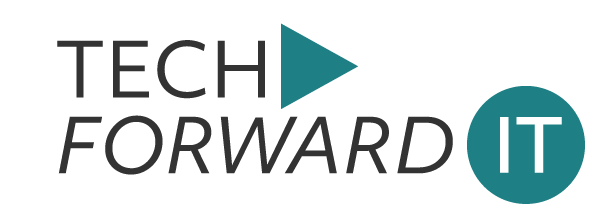Cloud security for small businesses isn’t optional—it’s essential. You moved to the cloud for speed, scalability, and savings. You stayed because it gave you flexibility, faster deployments, and easy team access. But while the benefits are real, so are the risks. One wrong click, or one compromised file, can crack your defenses wide open. And yes, someone out there is always looking.
Let’s be blunt: cybercriminals don’t care how big your business is. They care about access. And if your cloud environment gives them an easy way in, they’ll take it.
The Top Cloud Security Threats Facing Denver SMBs
Here are a few real threats lurking in unsecured cloud environments:
-
Data breaches
Sensitive customer or financial data can be leaked or stolen if your cloud storage isn’t properly secured. -
Account hijacking
Weak or reused passwords let attackers impersonate users and move laterally through your systems. -
Misconfigured settings
One unchecked box or open port can turn your infrastructure into a playground for threat actors. -
Insider threats
Not all breaches come from outside. Employees—intentionally or accidentally—can compromise access, leak files, or trigger malware.
Who's Responsible for Your Cloud Data?
Here’s the hard truth: cloud security isn’t automatic. Just because your provider manages the infrastructure doesn’t mean your data is safe by default.
Cloud services follow a shared responsibility model:
-
Your provider secures the hardware, software, and network.
-
You’re responsible for securing your data, applications, and access controls.
As remote access, hybrid work, and constant syncing become the norm, your role in defending your cloud environment becomes more critical.
Building a Strong Cloud Security Posture
There’s no silver bullet, but there are essential practices every SMB must follow:
Encrypt your data. Use encryption for both data at rest and in transit. If intercepted, encrypted data is unreadable without the key.
Implement identity and access management (IAM). Grant users only the access they need. Use strong authentication and review permissions regularly.
Schedule regular security audits. Identify vulnerabilities before attackers do. Don’t let outdated policies open the door to new risks.
Perform compliance checks. Stay aligned with industry standards and data privacy regulations. It’s not just smart, it’s the law.
Create an incident response plan. Know what to do if something goes wrong. Define roles, document steps, and rehearse your response.
Set up disaster recovery. Back up critical data in a separate location. If your cloud goes down, your business doesn’t have to.
These aren’t advanced strategies, they’re the baseline for safe, secure cloud adoption.
You Don't Have to Tackle Cloud Security Alone
Cloud security is more than a checklist, it’s a mindset. One that requires regular updates, honest evaluations, and ongoing effort.
Not sure where to start? We’ve got your back. At TechForward IT, we help SMBs strengthen their cloud security posture without slowing down innovation. You can learn more about our Cloud Computing & Consultation Services here.
Let’s take a closer look at your environment, identify the gaps, and build a strategy that fits your business model.
Don’t be paranoid, be prepared.
Let’s talk about how we can secure your cloud environment, without sacrificing speed or productivity.

